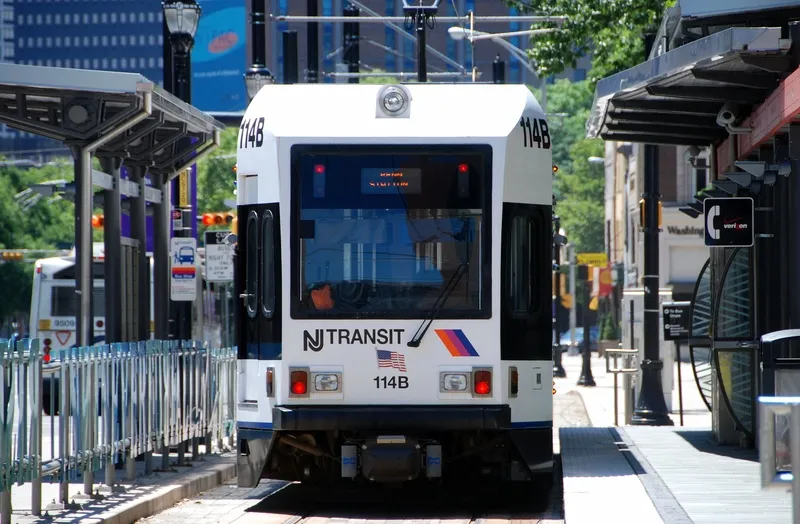Famoco has provided the Android-based device, KD the front-end customer application and Masabi is delivering the software which powers the device – based on its deployment proven Justride Inspect system. KD is showing the validator at the ITS World Congress 2017 in Montreal, Canada.
The validator delivers fast scanning of 2D barcode tickets displayed on a smartphone screen, along with smartcard and Europay, Mastercard and Visa based contactless cards, providing the agency with extra security as well as information on vehicle usage and bus location.
Brian Zanghi, CEO of Masabi, said: “Mobile ticketing is increasingly being seen as a must have for transport operators around the globe. In particular in the bus market, the benefits are significant including reduced cash handling and much faster vehicle boarding. However, to date, the cost of validators has been a significant barrier to bus operators deploying this technology. This new validator offers them a solution at a quarter the price of alternative hardware, opening up a whole new market and also making multi-door boarding a reality.”
Masabi, Keolis and Famoco launch mass market mobile ticket validator
Masabi and Keolis, through its digital subsidiary Kisio Digital (KD) and Famoco, has launched a mass market mobile ticket validator that reduces the cost of over a thousand dollars per unit on previous models with a new device priced in the hundreds. It is designed with the intention of enabling multi-door boarding, which reduces bus dwell time and increases average bus speed. The device is currently being piloted in the public transport network of Orléans Métropole, in collaboration with Keolis Orléans
October 31, 2017
Read time: 2 mins









